Natural Hair Mask Formulations for Restoring Damaged Hair
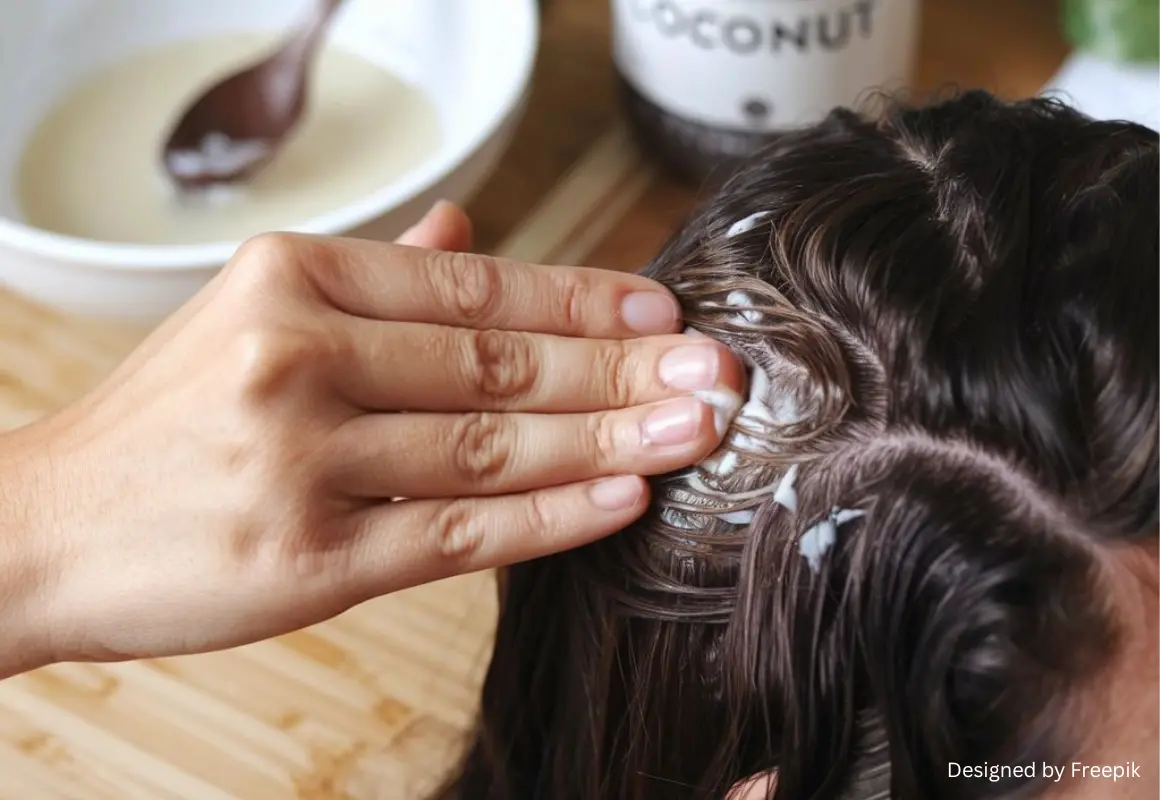
Natural Hair Mask Formulations for Restoring Damaged Hair
In the pursuit of healthy and lustrous hair, consumers increasingly turn to natural solutions that are safe, effective, and chemical-free. This article dives deep into a scientific study that focuses on the formulation and evaluation of natural hair masks, emphasizing their effectiveness in repairing damaged hair. Drawing from rigorous research, this piece presents key findings and formulations that contribute to improved hair care routines.
Let’s explore how carefully selected ingredients like aloe vera and avocado oil offer restorative power to nourish hair damaged by environmental exposure, chemical treatments, and poor maintenance.
Background of Natural Hair Care Treatments
Damaged hair is a prevalent concern in the beauty and wellness industry. Factors such as excessive heat styling, chemical treatments, pollution, and poor diet contribute to hair cuticle erosion, protein loss, and reduced moisture retention. According to the study, natural ingredients offer promising results in reversing these effects without causing adverse reactions common in synthetic treatments.
Among the most popular and effective natural ingredients evaluated in the study were:
- Aloe Vera (Aloe barbadensis Miller): Known for its high water content and ability to penetrate the hair shaft, it promotes hydration, reduces dandruff, and improves hair elasticity.
- Avocado Oil: Rich in vitamins A, D, and E, it deeply moisturizes and strengthens hair strands.
- Olive Oil: A traditional emollient used in many cultures, olive oil smooths and conditions hair while enhancing shine.
- Coconut Oil: Its medium-chain fatty acids allow it to penetrate hair better than other oils, reducing protein loss.
- Banana Extract: Contains silica which improves hair strength and elasticity.
The study emphasized the need to evaluate these ingredients not just anecdotally but through scientific testing of formulation, stability, and consumer usability.
Aim of the Study on Hair Mask Formulations
The primary goal of the research was to:
- Formulate three distinct hair mask preparations using various combinations of natural ingredients.
- Evaluate the physical characteristics, stability, organoleptic properties (like texture and aroma), and effectiveness in improving damaged hair.
- Determine the most effective natural hair mask formulation for potential commercial and personal use.
The researchers were motivated by the consumer shift toward organic and sustainable personal care products and the lack of sufficient scientific backing for many DIY hair treatments. Thus, this study filled a crucial gap by combining cosmetic science with natural wellness principles.
Research Methods and Hair Mask Preparation
The study followed a comparative experimental method by developing three different hair mask formulas using variations in natural ingredients and then conducting both lab-based and user-based evaluations.
Preparation of Hair Masks:
Each formulation used a cold-process emulsification technique and consisted of:
- Oil Phase: Coconut oil, avocado oil, or olive oil.
- Aqueous Phase: Aloe vera gel, banana extract, and distilled water.
- Emulsifiers and Preservatives: Beeswax and phenoxyethanol were used to maintain stability and shelf-life.
Testing Criteria:
- Organoleptic Testing: Observations on appearance, aroma, texture, and spreadability.
- pH Measurement: Ensured scalp compatibility; ideal pH ranges between 4.5 and 5.5.
- Viscosity Testing: Measured for ease of application and consistency.
- Spreadability: Important for determining product usability.
- User Testing: 20 respondents used the products over a period of time and recorded their experiences.
Results of the Natural Hair Mask Evaluation
1. Physical Characteristics of the Hair Masks
All three hair masks were creamy in texture and pale yellow in color, but only one exhibited optimal spreadability and texture—resembling high-end commercial masks.
- Formulation 1: Too thick, limited spreadability.
- Formulation 2: Balanced texture and easy application.
- Formulation 3: Slightly runny, suitable for oily hair.
2. pH Values and Scalp Compatibility
- All formulations fell within the safe pH range of 4.5–5.5, making them ideal for regular scalp use without causing irritation.
- Formulation 2 showed the most stable pH over 30 days of testing.
3. Viscosity and Stability
- Formulation 2 had the most consistent viscosity (ranging from 41,000 – 42,500 cps), retaining its form even under varying temperatures (4°C and 40°C).
- No signs of phase separation, microbial growth, or spoilage over the 4-week observation period.
4. User Feedback on Hair Condition
Participants reported notable improvements after 4 applications (once per week):
- 85% of users noted increased softness.
- 78% of users experienced better detangling and less breakage.
- 70% of users said hair appeared shinier and felt stronger.
Conclusion – Natural Hair Masks Are Scientifically Effective
This study confirmed that natural ingredients, when scientifically formulated, can create effective hair care products capable of addressing damage, dryness, and frizz. Among the tested variants, Formulation 2 emerged as the best overall, showing optimal pH balance, stability, and user satisfaction.
The incorporation of ingredients like avocado oil, aloe vera, and banana extract not only makes these masks beneficial for the hair shaft but also for the scalp. Their emollient and humectant properties support hair restoration from root to tip.
As the market continues to lean toward sustainable beauty solutions, this research serves as a strong foundation for commercial hair care product development rooted in natural science.
Key Takeaways for Hair Care Enthusiasts
- pH-balanced hair masks are safer for scalp and reduce irritation risk.
- Avocado and aloe vera are top performers in moisturizing and restoring hair.
- Cold-process emulsification preserves the nutrients of natural ingredients.
- Effective natural hair care requires scientific formulation, not just DIY trials.
- Consistent application (weekly use over a month) delivers noticeable results.
- Octaverina Kecvara Pritasari & Heni Lintang Angkasa. (2021). Formulation and Evaluation of Hair Mask Preparations using Natural Ingredients for Damaged Hair. Proceedings of the International Joint Conference on Hospitality and Tourism 2021.
- Tranggono, I. (2007). Buku Pegangan Ilmu Pengetahuan Kosmetik. Jakarta: Gramedia.
- Jumarani, L. (2009). The Essence of Indonesia Spa. Jakarta: Gramedia.
- Mabrouk, (2005). Making Usable Quality Opaque and Transparent. Journal of Chemical Education, 82(10).

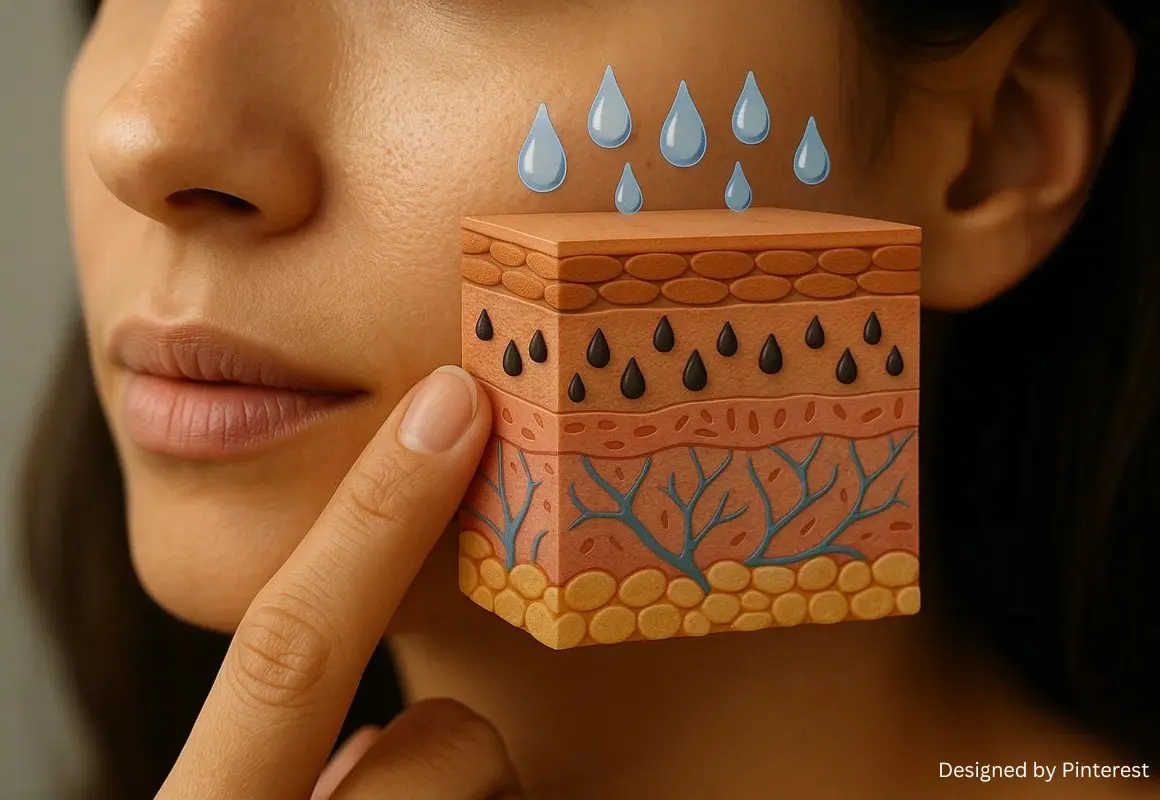
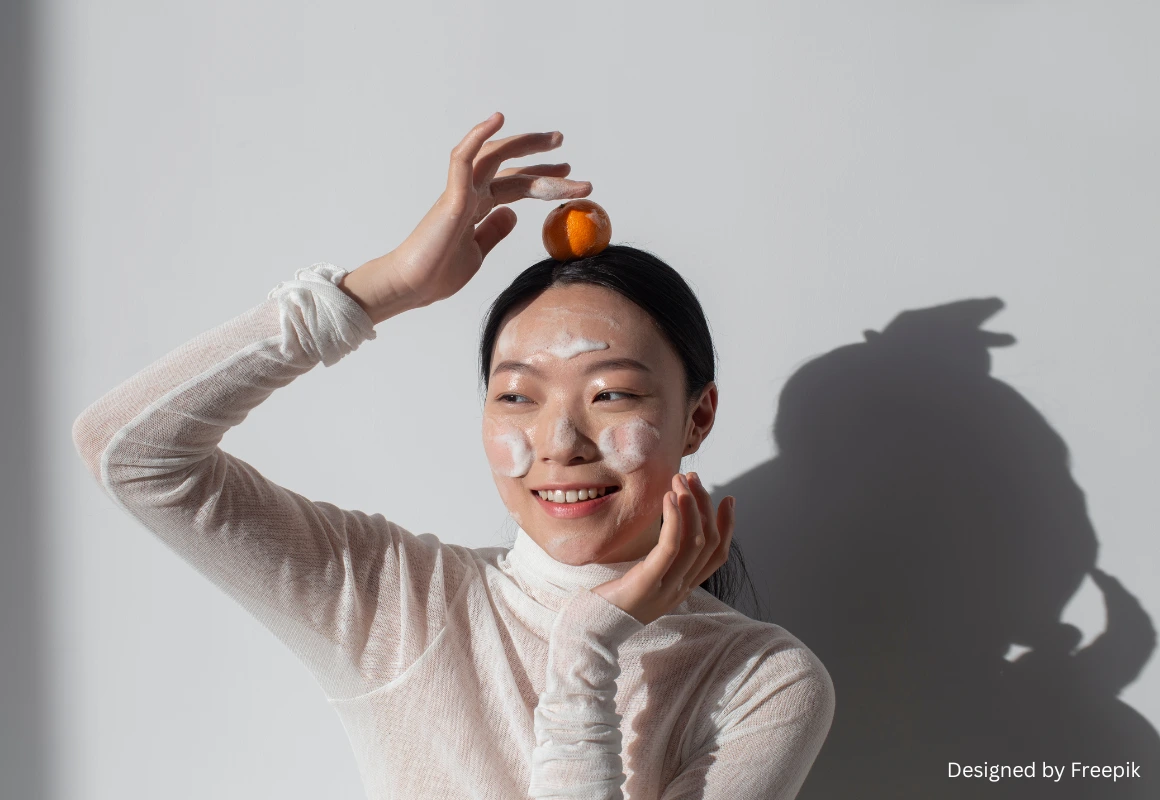
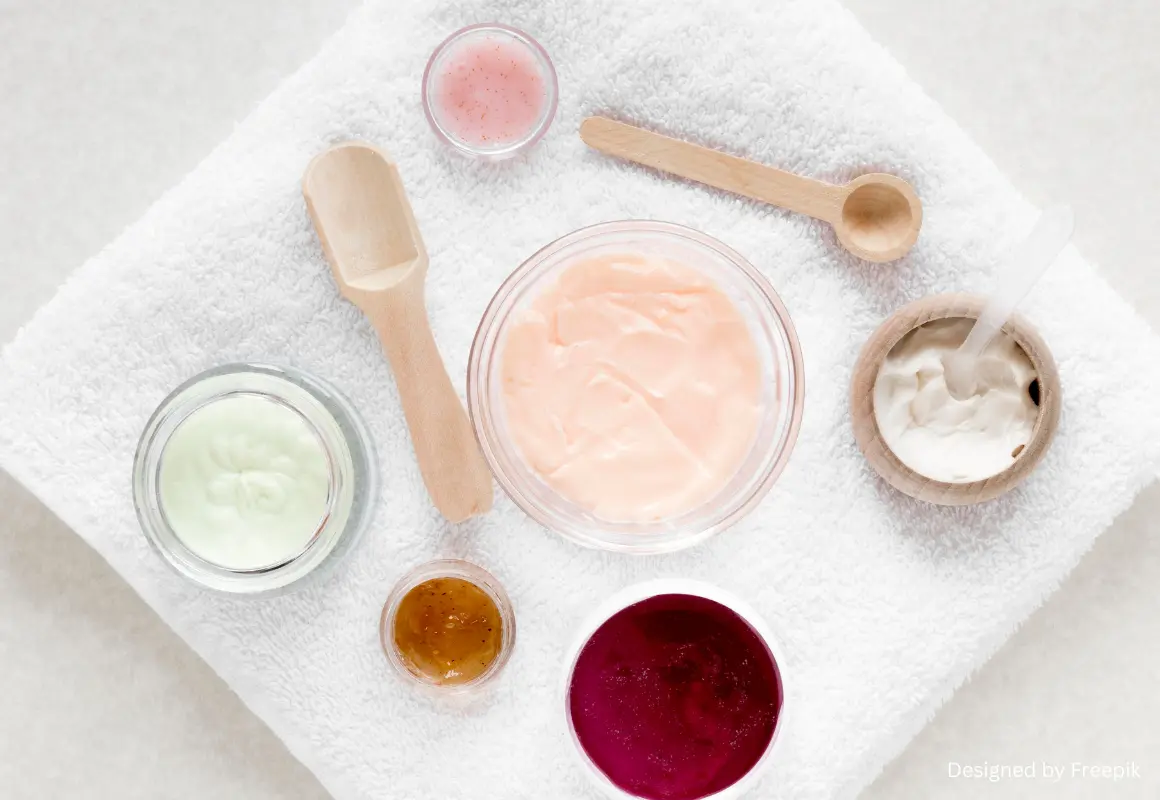
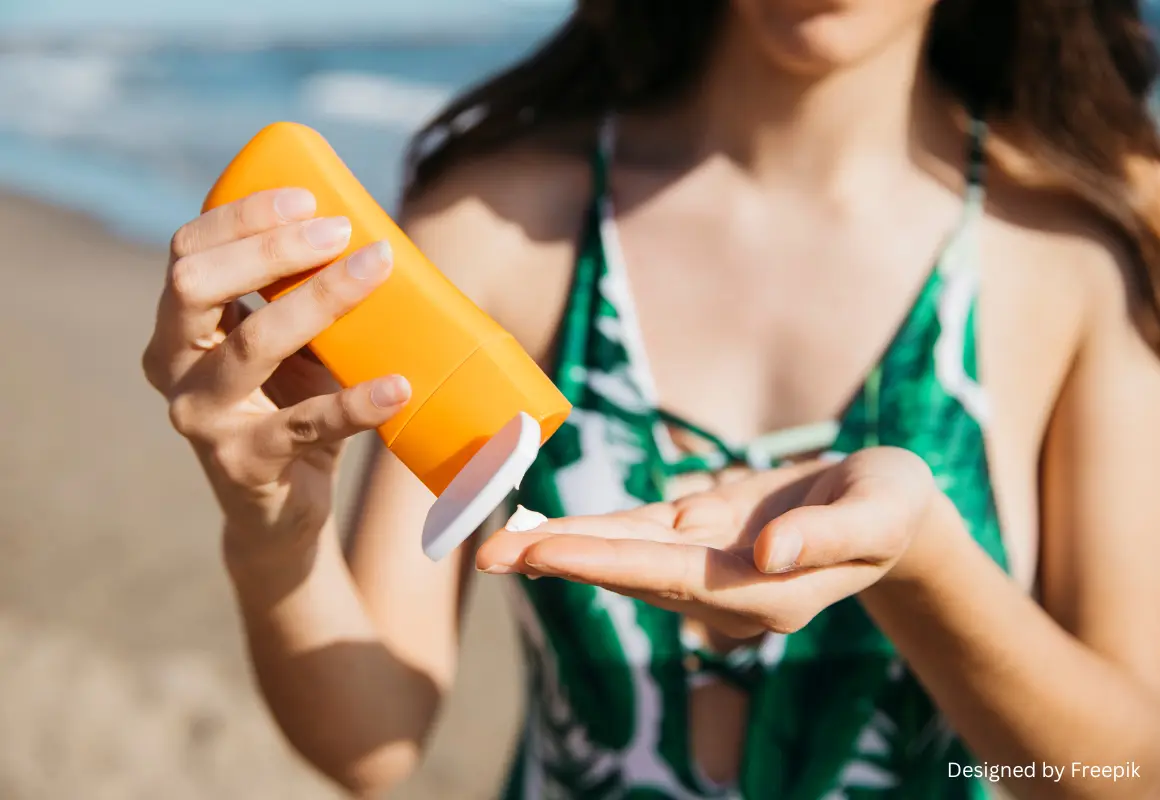
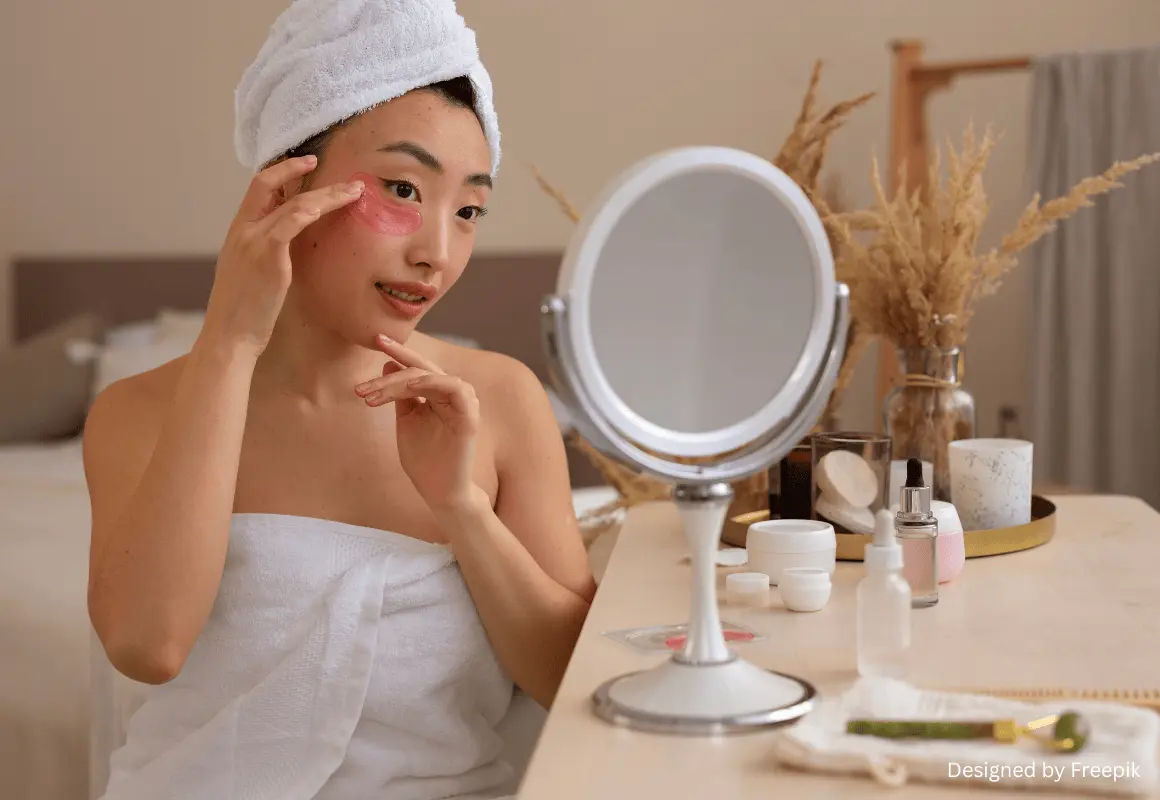

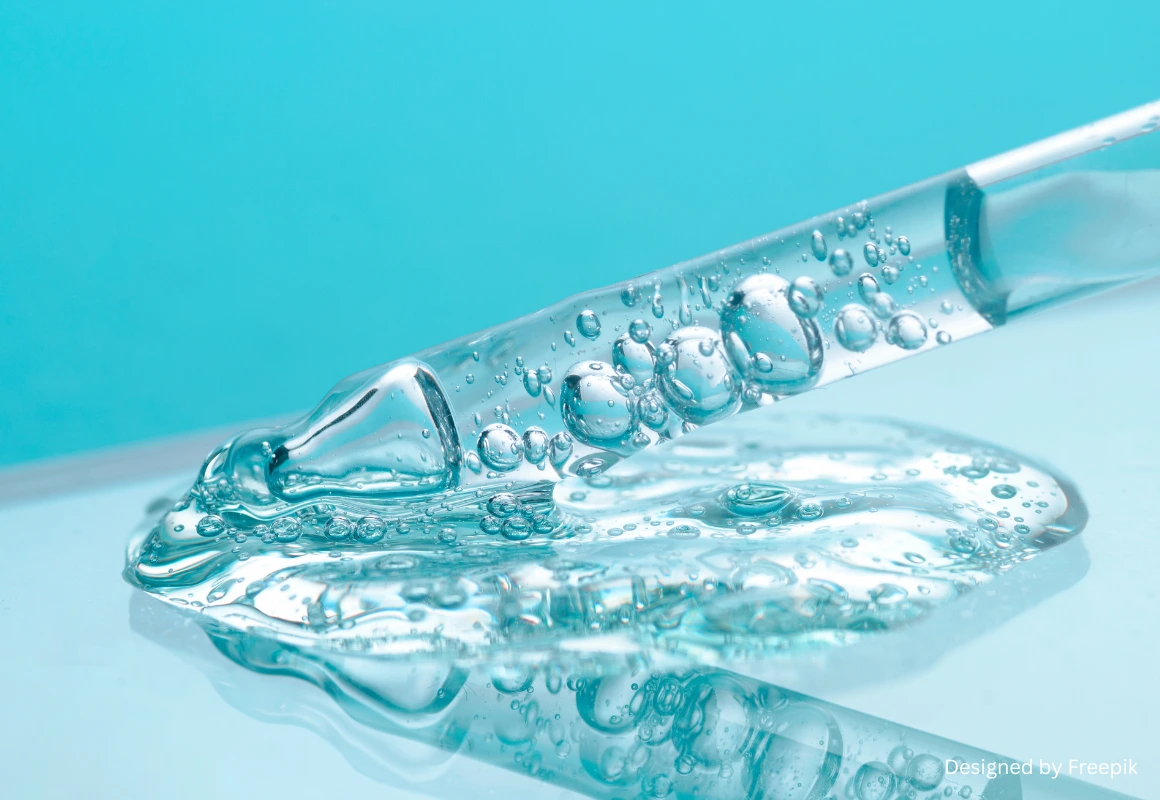
.webp)